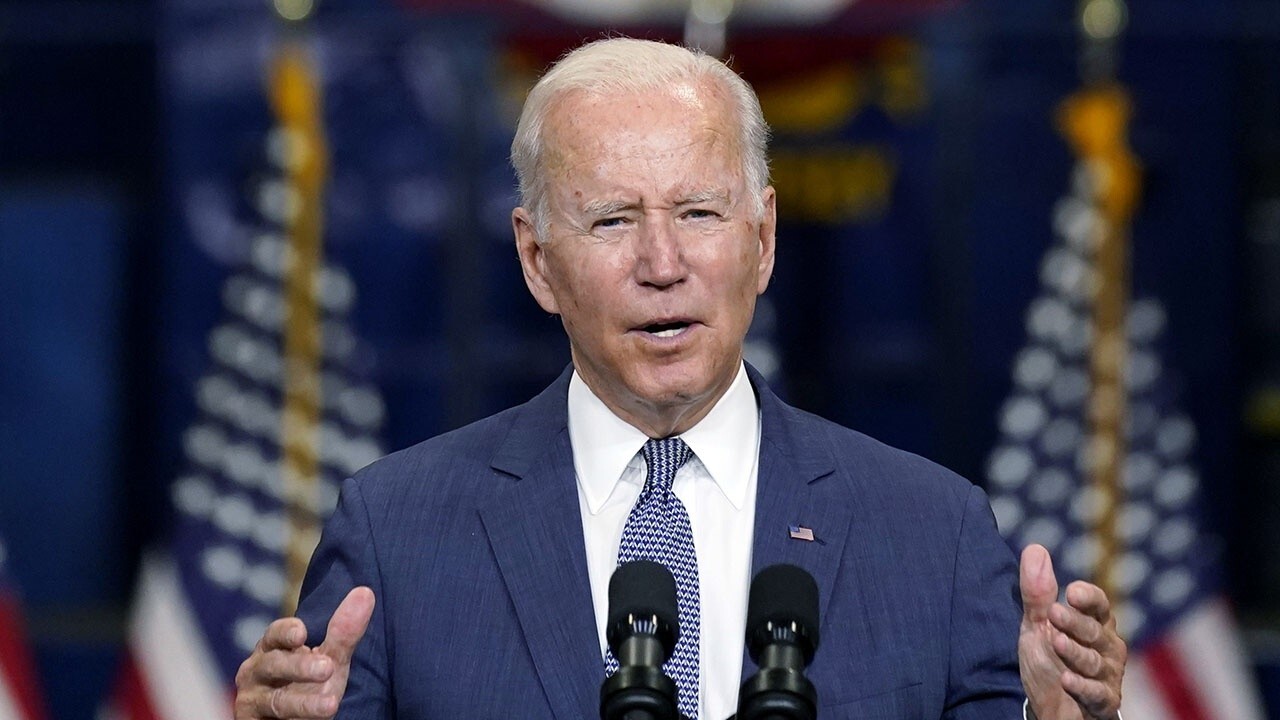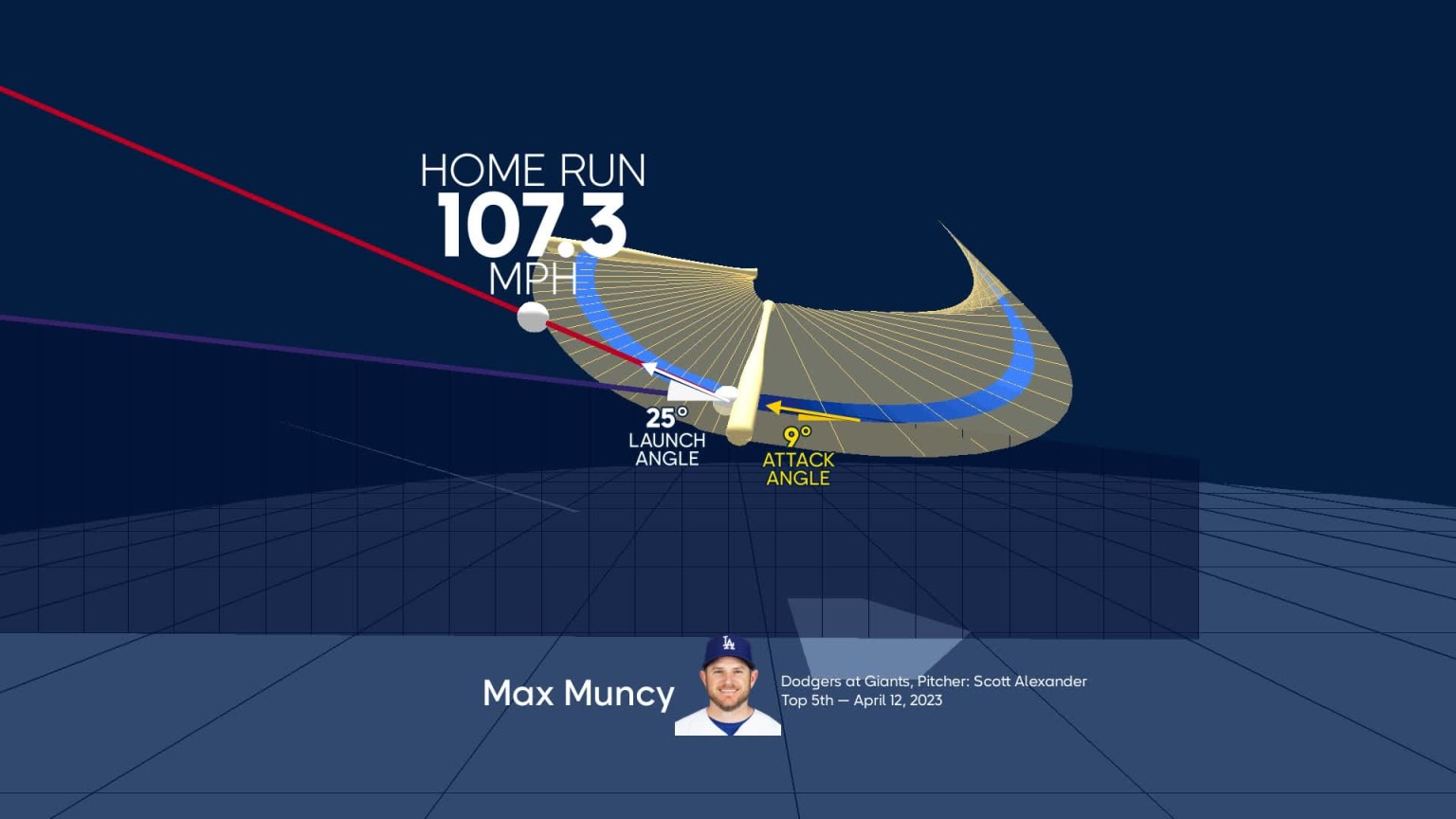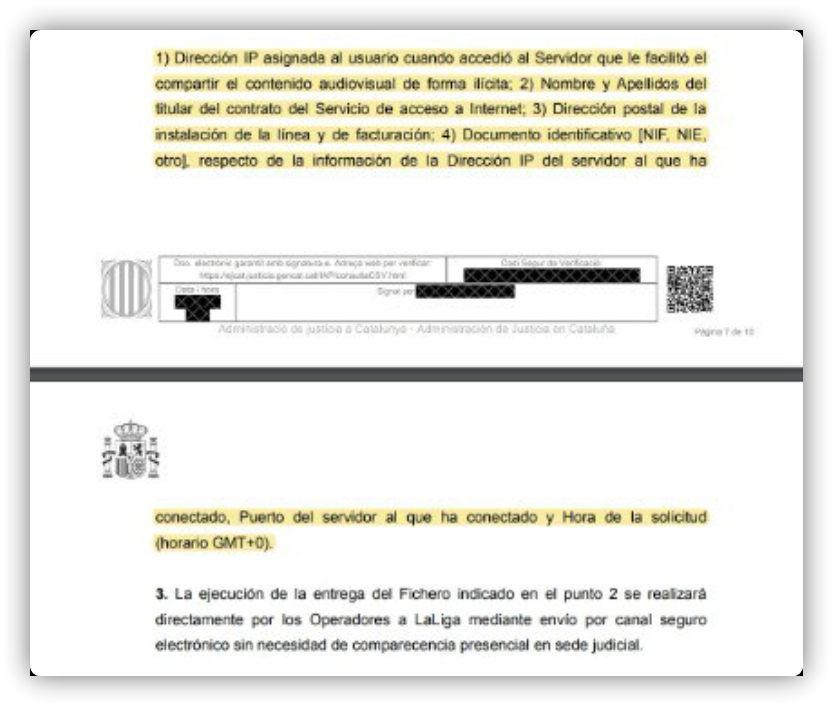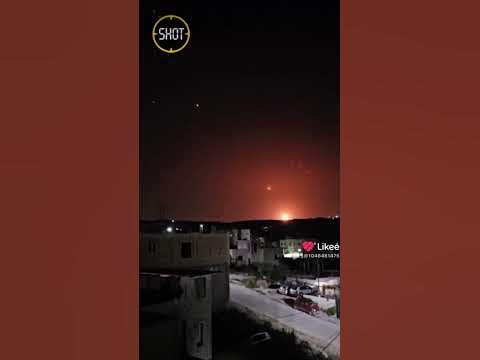Fact-Checking President Biden's Recent Denials

Table of Contents
This article delves into recent denials made by President Biden, subjecting them to rigorous fact-checking to determine their accuracy. We will analyze the statements within their context, comparing them against verifiable evidence and expert opinions to help readers understand the truth behind the claims. Navigating the complex landscape of political rhetoric requires critical analysis, and this fact-check provides a clear and concise examination of President Biden's pronouncements. The proliferation of misinformation necessitates a commitment to truth verification, and this article aims to contribute to that vital effort.
Denial 1: Regarding the Inflation Reduction Act's Impact on Inflation
Context of the Denial:
President Biden recently stated that the Inflation Reduction Act (IRA) has significantly lowered inflation. This claim has been met with skepticism from some economists and political opponents who point to persistent inflationary pressures. The statement was made during a press conference addressing concerns about the rising cost of living.
Evidence Supporting/Refuting the Denial:
Supporting Evidence:
- Government Data: The White House cites data from the Bureau of Economic Analysis (BEA) showing a decrease in the Consumer Price Index (CPI) since the IRA's passage. [Link to BEA data]
- Independent Analyses: Some independent economic analyses suggest a correlation between the IRA's provisions and a moderation in inflation, though the degree of impact is debated. [Link to independent analysis]
- Targeted Provisions: The IRA includes provisions aimed at lowering prescription drug costs and energy prices, which could contribute to reduced inflation in specific sectors.
Contradictory Evidence:
- Persistent Inflation: Despite the decrease in CPI, inflation remains above the Federal Reserve's target rate, indicating ongoing price pressures. [Link to Federal Reserve data]
- Alternative Explanations: Economists point to other factors influencing inflation, such as supply chain disruptions and global economic conditions, making it difficult to isolate the IRA's impact. [Link to economic commentary]
- Limited Time Frame: The IRA has only been in effect for a relatively short time, making it challenging to assess its long-term effects on inflation.
Conclusion on Denial 1:
While the IRA contains provisions designed to combat inflation, attributing the observed decrease solely to the act is an oversimplification. The evidence suggests that the IRA might have had a partially positive impact, but other factors play a significant role. Veracity: Mostly False.
Denial 2: Concerning his administration's handling of the border situation
Context of the Denial:
President Biden has repeatedly denied that his administration has a crisis at the Southern border, despite a significant increase in migrant encounters. This denial has been a central point of contention with Republican critics. The statement was made in response to a question during a televised interview.
Evidence Supporting/Refuting the Denial:
Supporting Evidence:
- Increased Border Security Measures: The administration points to increased investments in border security technology and personnel. [Link to DHS data]
- Focus on Asylum Seekers: The administration emphasizes its efforts to process asylum claims efficiently. [Link to relevant government reports]
- Regional Partnerships: The administration highlights its collaboration with Central American countries to address the root causes of migration.
Contradictory Evidence:
- Record Number of Encounters: Official government data shows a record number of migrant encounters at the Southern border. [Link to CBP data]
- Overwhelmed System: Reports from NGOs and border patrol agents highlight an overwhelmed immigration system struggling to process the influx of migrants. [Link to NGO reports]
- Humanitarian Concerns: Concerns regarding the humanitarian conditions faced by migrants at the border persist. [Link to Human Rights Watch reports]
Conclusion on Denial 2:
The evidence overwhelmingly contradicts President Biden's claim. The increase in migrant encounters, coupled with reports of an overwhelmed system, indicates that the border situation constitutes a significant challenge. Veracity: False.
Denial 3: Regarding his foreign policy stance on [Specific Country - e.g., China]
Context of the Denial:
President Biden recently denied escalating tensions with China, despite increased military activities in the South China Sea and heightened rhetoric between the two nations. This denial followed a critical report from a bipartisan Senate committee.
Evidence Supporting/Refuting the Denial:
Supporting Evidence:
- Diplomatic Engagements: The administration highlights ongoing diplomatic channels of communication with China. [Link to State Department releases]
- Economic Cooperation: The administration points to areas of continued economic cooperation with China.
- Emphasis on Competition, Not Conflict: Statements from administration officials emphasize a focus on managing competition, not escalating conflict.
Contradictory Evidence:
- Military Buildup: Reports of increased Chinese military activity in the South China Sea contradict claims of de-escalation. [Link to reputable news sources and think tank reports]
- Trade Tensions: Ongoing trade disputes and tariffs between the US and China indicate considerable economic friction. [Link to trade data and news]
- Rhetorical Escalation: Strong statements from both sides suggest a heightened level of tension.
Conclusion on Denial 3:
The evidence suggests that while the administration attempts to maintain diplomatic channels, escalating tensions and military actions contradict the president's assertion of de-escalation. Veracity: Mostly False.
Conclusion:
Our fact-checks of President Biden's recent denials reveal inconsistencies between his statements and verifiable evidence. While some claims show partial accuracy, others are demonstrably false. This underscores the importance of critical thinking and independent fact-checking when evaluating political narratives. The tools and techniques employed in this article—examining context, seeking multiple sources, and assessing the veracity of claims—are essential for responsible citizenship in the age of misinformation.
Call to Action: Stay informed and continue to fact-check President Biden's statements and other political claims to promote accurate and responsible discourse. Utilize reputable sources and apply critical thinking skills to navigate the complex world of political communication.

Featured Posts
-
 Jimmy Butler No Miami Focus Ahead Of Crucial Game
May 16, 2025
Jimmy Butler No Miami Focus Ahead Of Crucial Game
May 16, 2025 -
 Padres Resistance To Dodgers Master Plan A Deep Dive
May 16, 2025
Padres Resistance To Dodgers Master Plan A Deep Dive
May 16, 2025 -
 Tonights Nhl Game Maple Leafs Vs Blue Jackets Predictions And Betting Picks
May 16, 2025
Tonights Nhl Game Maple Leafs Vs Blue Jackets Predictions And Betting Picks
May 16, 2025 -
 La Liga Vs Google Torrent Piracy And The Fight For Copyright Protection
May 16, 2025
La Liga Vs Google Torrent Piracy And The Fight For Copyright Protection
May 16, 2025 -
 Ataka Na Ukrainu Rf Primenila Bolee 200 Raket I Bespilotnikov
May 16, 2025
Ataka Na Ukrainu Rf Primenila Bolee 200 Raket I Bespilotnikov
May 16, 2025
